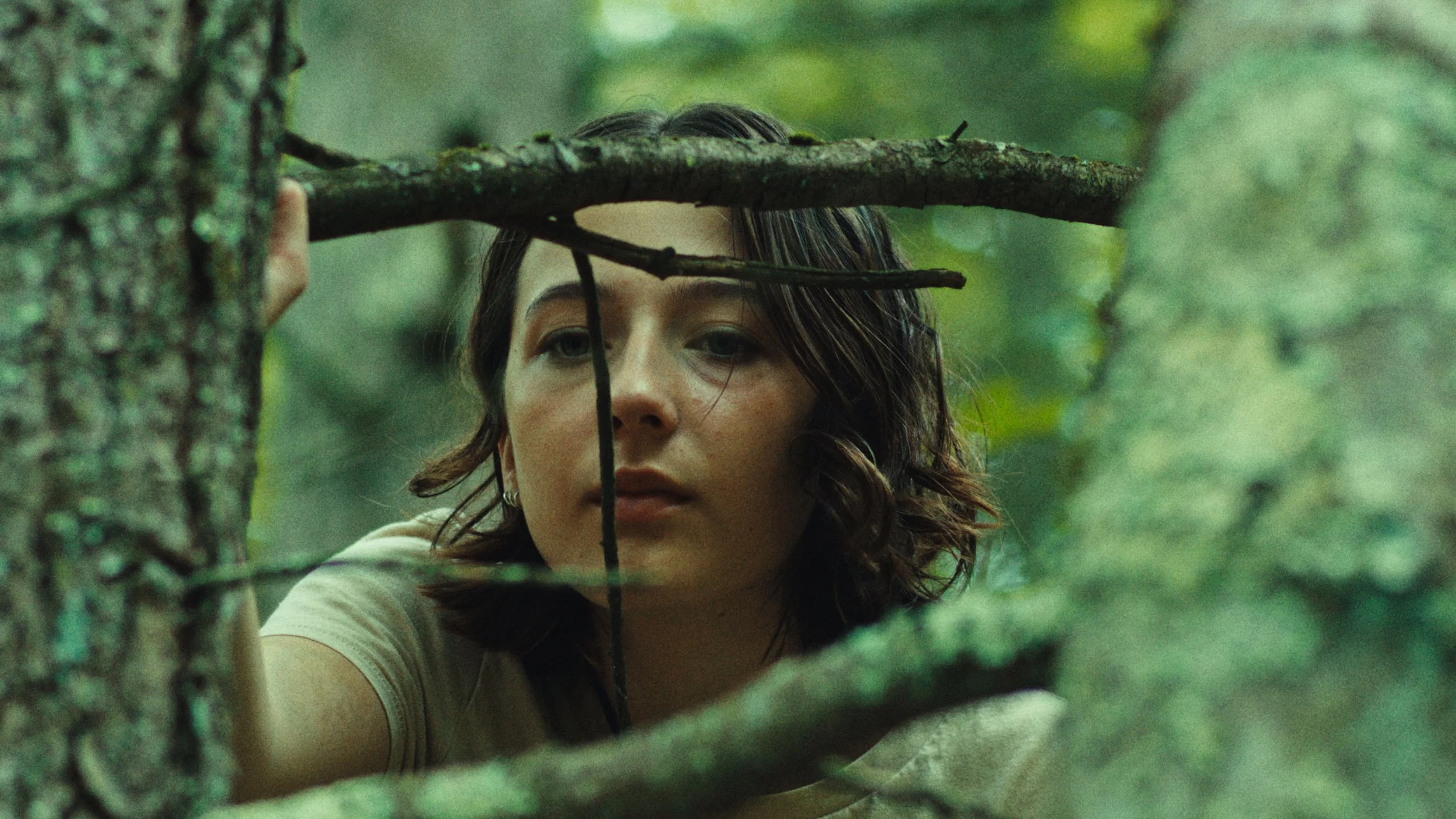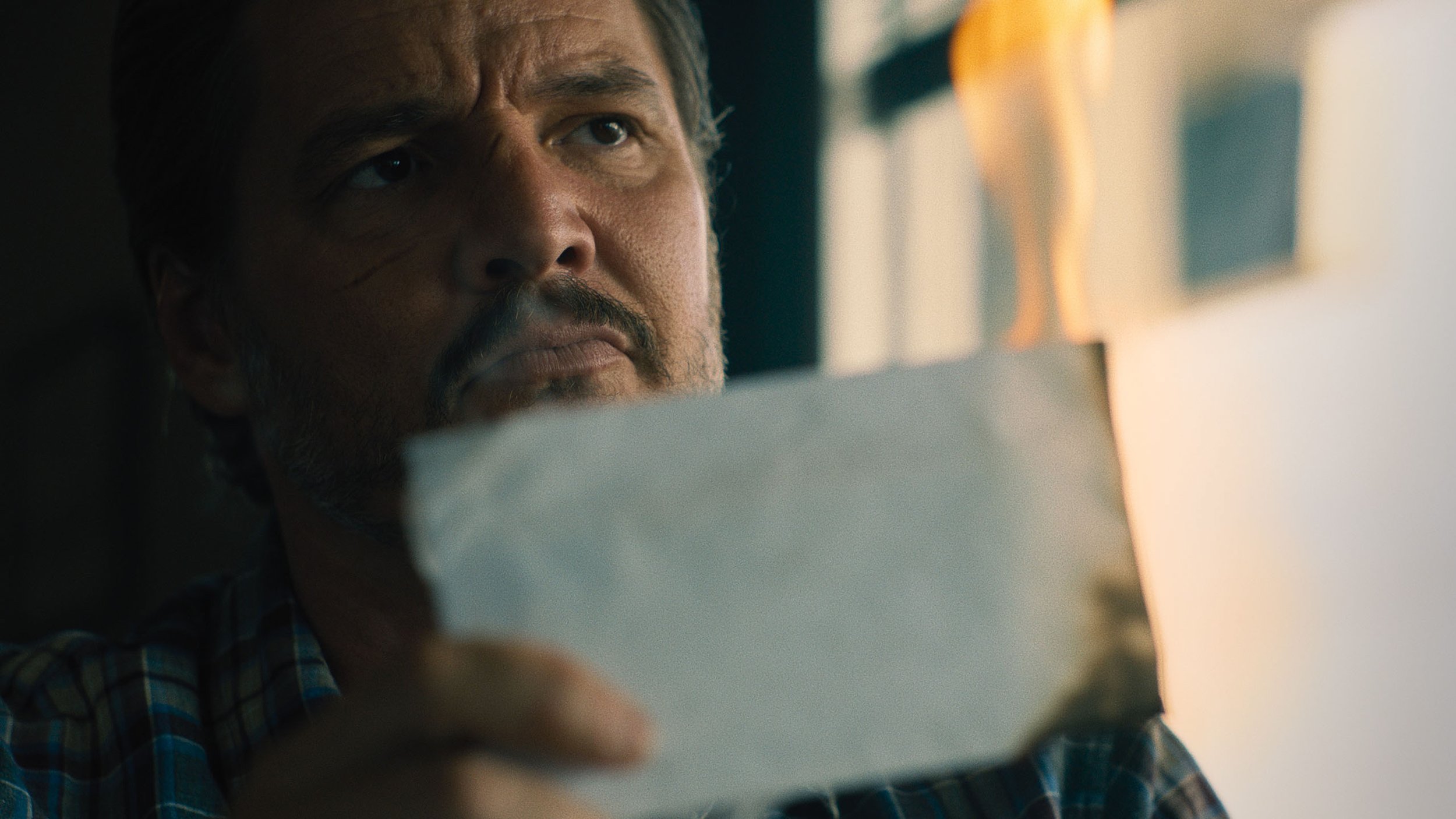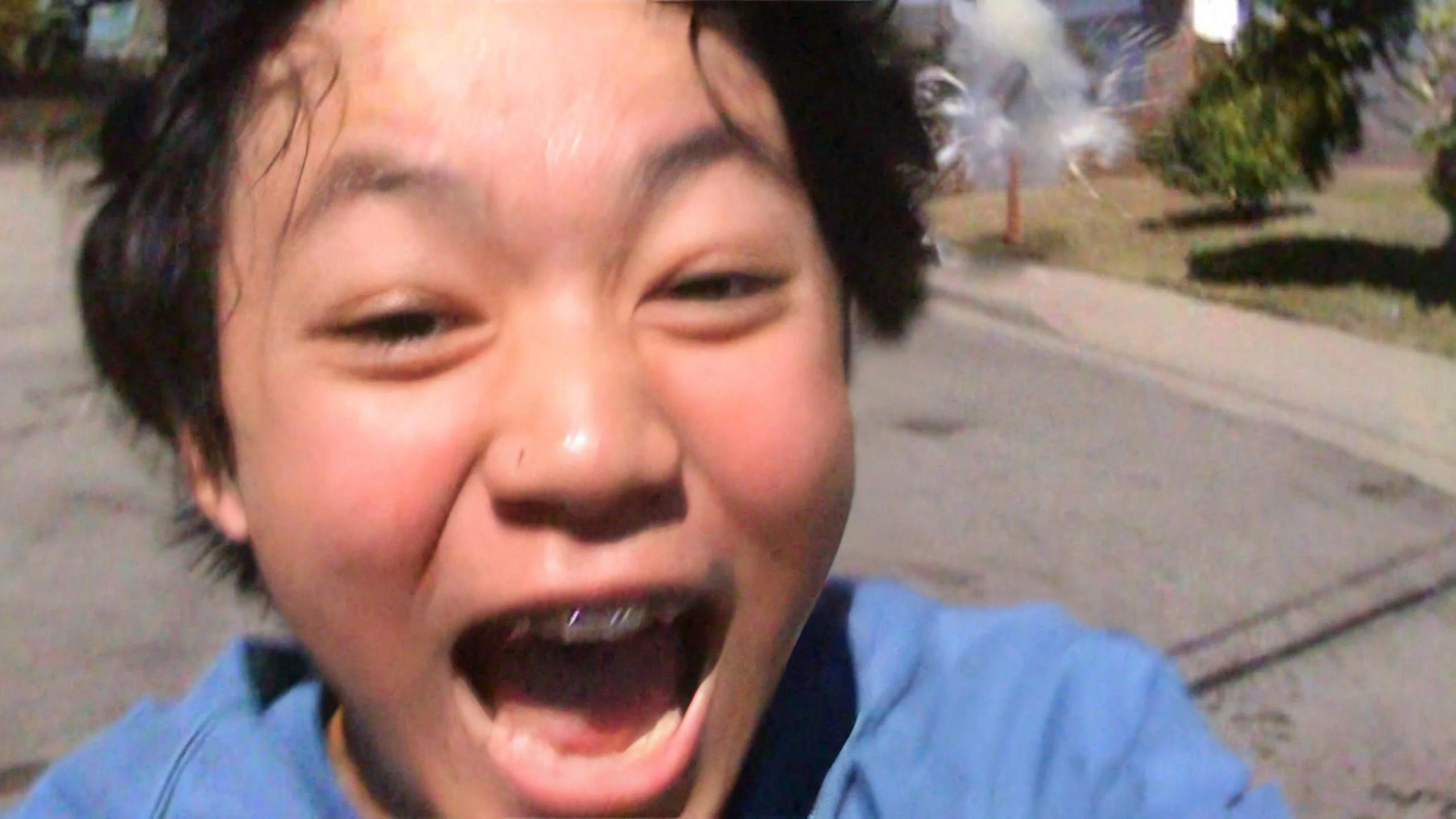Sundance review: 'Sujo' captures a boy's improbable life as it hangs at the mercy of cartel bosses in modern Mexico
Though it sometimes evokes some gangster classics, the Mexican drama “Sujo” is most moving in its quiet passages — showing a boy getting an improbable second chance to break out of a family cycle of violence and death.
When we meet the title character, he’s four years old (played by young Kevin Aguilar) and in the back seat of his father’s car somewhere in Michoacán, while Dad is doing his job: Killing someone at the behest of his drug cartel.
Not long after, someone has killed Dad, and a cartel boss is trying to find little Sujo — a plot strand reminiscent of young Vito Corleone’s plight in the opening of “The Godfather Part II” — but he’s protected by two of his aunts, Rosalia (Karla Garrido) and Nemesia (Yadira Pérez). Eventually, Nemesia convinces the cartel boss to let the boy live, which the boss does on the condition that little Sujo never be allowed into town.
So Nemesia takes on the role of raising and homeschooling Sujo. The boy’s only friends are Rosalia’s kids, his cousins, Jeremy and Jai. This friendship continues into their teen years, as Sujo (played now by Juan Jesús Valera) starts driving his dad’s old car — and, following Jeremy (Jairo Hernandez), becomes a mule for the cartel. Jeremy won’t let Jai (Alexis Varela) get involved in the cartel action, because Jai is smarter and has better things ahead of him in life.
The writing-directing team of Astrid Rondero and Fernanda Valadez (who co-wrote the 2020 Sundance title “Identifying Features,” which Valadez directed) tell Sujo’s story in chapters — each named for another character influencing the boy’s life. Those include his father, Nemesia, his cousins and, in the last chapter, a university professor (Sandra Lorenzano) who sees his potential to be more than a thief and a gunman like his dad.
Rondero and Valadez don’t need to pad out the melodrama here, because the gritty day-to-day reality Sujo experiences — trying to grow up happy and normal when his very existence is dependent on the whims of crime kingpins — is compelling enough. They do employ dream sequences and some magical realism to show what Sujo thinks his life could be like.
“Sujo” is, in the end, an absorbing, thoroughly lived-in tale of a boy who’s striving to make it into adulthood and knowing that, in his world, that’s a big expectation.
——
’Sujo’
★★★1/2
Screening in the World Cinema Dramatic competition of the 2024 Sundance Film Festival. Not rated, but probably R for strong violence, some sexual content, and language. Running time: 127 minutes; in Spanish with subtitles.
Screens again: Wednesday, January 24, 6:30 p.m., Megaplex Gateway 1/2/3, Salt Lake City; Friday, January 26, 1 p.m., Holiday Village Cinemas 3, Park City. Also available online via the Sundance portal, Thursday-Sunday, January 25-28.









